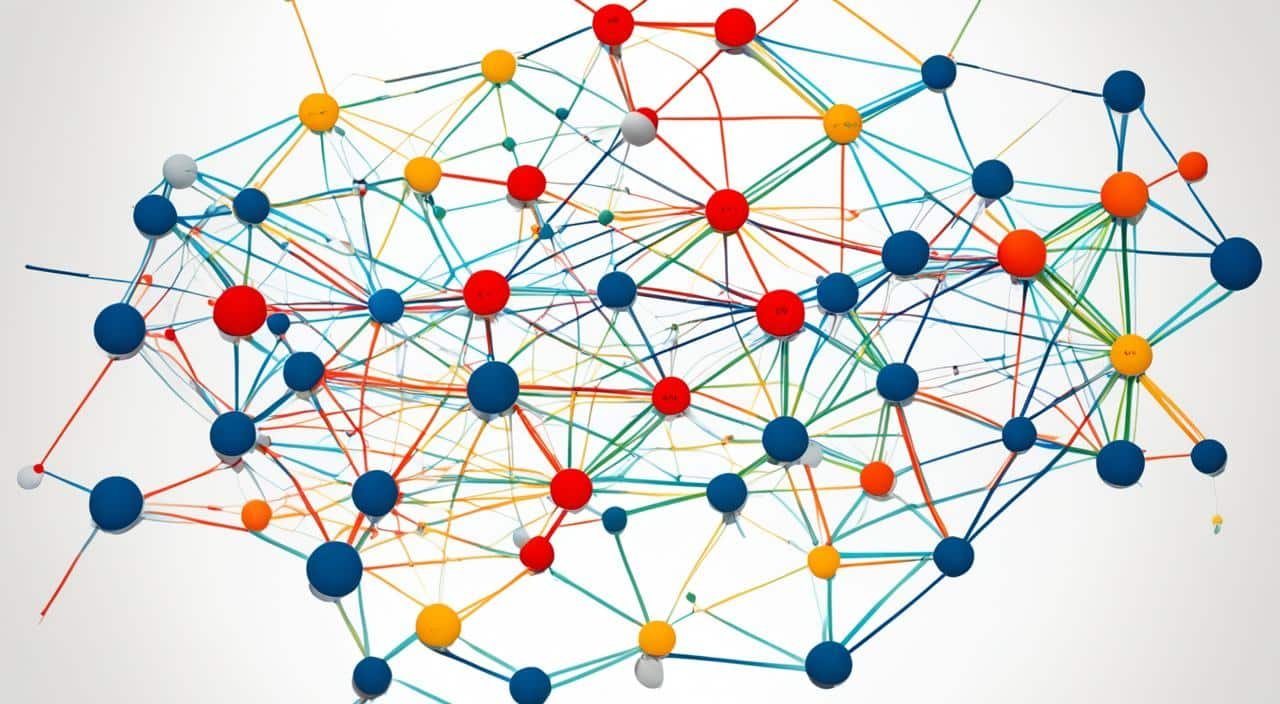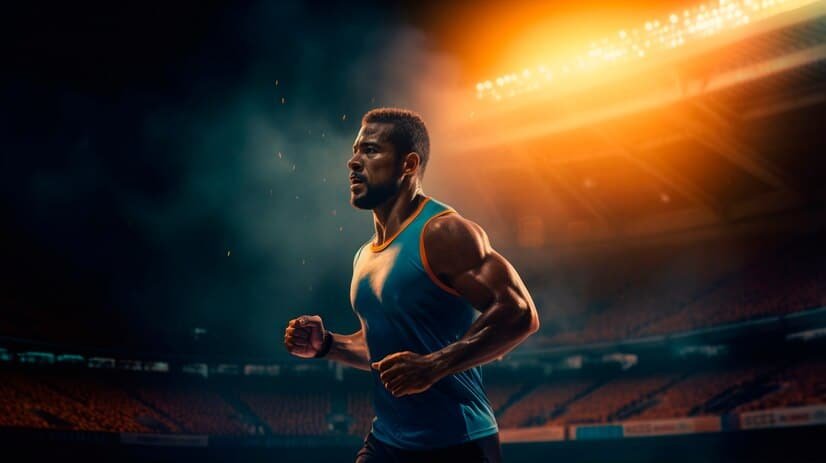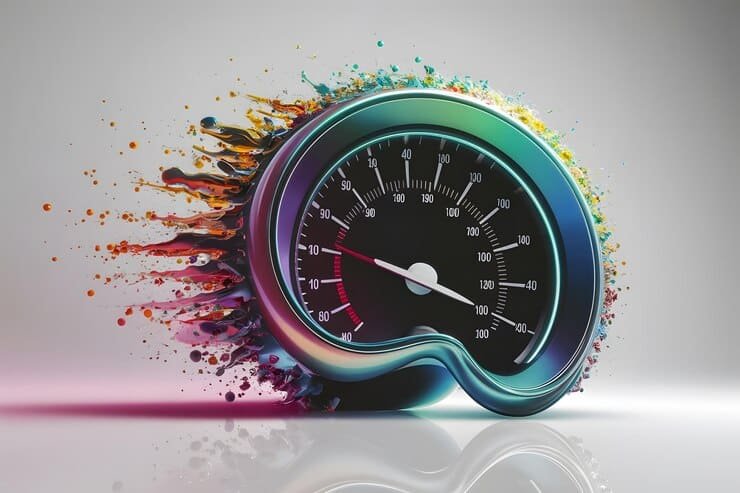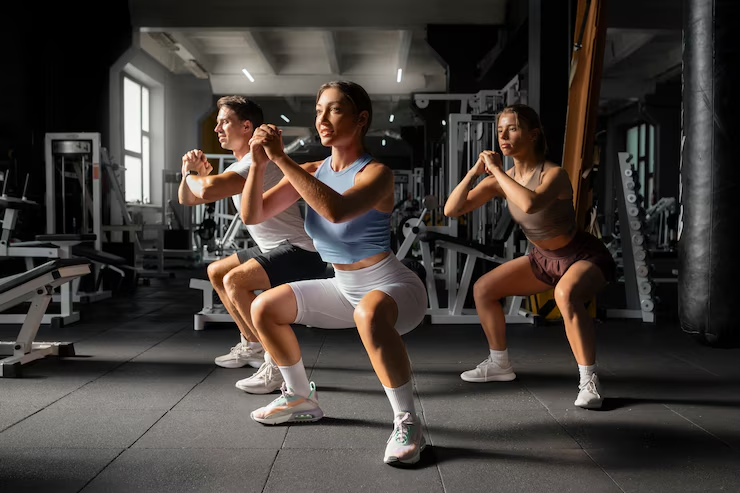In the world of sports, athletes and coaches always aim for the top. Finding the right training methods is key to reaching peak performance. These methods improve speed, agility, prevent injuries, and build strength. This section looks at how training affects sports performance. It covers the best ways to boost an athlete’s skills.
Key Takeaways
- Sports performance is a key part of being an athlete, affecting athletes, coaches, and fans.
- Sport psychology has a long history, starting in the 1830s, and has grown a lot in groups and publications.
- Even with lots of research, there was a big need for a review on how training affects sports performance.
- This review aims to bring together past research and offer insights for future studies in this field.
- Knowing how training affects sports performance is vital for making training programs that help athletes succeed.
The Origins and Development of Sport Psychology
The story of sport psychology began in the 1830s with Carl Friedrich Koch’s work. He wrote “Calisthenics from the Viewpoint of Dietetics and Psychology.” This was one of the first big steps in the field. Later, researchers like Wilhelm Wundt, Konrad Rieger, and Angelo Mosso built on this early work.
Early Pioneers and Milestones
In the early 1900s, countries started their own sport psychology labs. Tissié in France, de Coubertin in Switzerland, Diem in Germany, Puni in the Soviet Union, and Roudik in Czechoslovakia were some of these pioneers. They helped create the base of academic and historical knowledge in the field.
Growth of Sport Psychology Organizations and Publications
The 1960s brought new life to sport psychology with the start of big organizations. Groups like the International Society for Sport Psychology, the North American Society for the Psychology of Sport and Physical Activity, the European Federation of Sport Psychology, and the Association of Applied Sport Psychology were formed. These groups were joined by many new academic journals. Journals like the International Journal of Sport Psychology, Journal of Sport & Exercise Psychology, The Sport Psychologist, and Journal of Applied Sport Psychology were launched.
Since then, there has been a big increase in sport psychology research. This shows how important and growing this field is.
The history and academic roots of sport psychology have helped it grow. Today, it’s seen as key to improving athletic performance and well-being.
Meta-Analysis in Sport Psychology Research

In sport psychology, meta-analysis is a key tool for combining and measuring research on athletic performance. Scholars like Feltz, Landers, Bond, Titus, and Triplett started using it in the 1980s. They showed how it can help us understand sports better.
Meta-analysis is a way to look at lots of research together. It helps sport psychology researchers understand how mental factors affect sports performance. They’ve looked at how mental practice, team unity, and other factors impact athletes.
But, different studies have given different results. This shows we need a better way to check the quality and design of these studies. A recent PRISMA-led review tried to fix this. It gave a clear view of what we know and what we need to study more.
This review gives important advice for practitioners and researchers in sport psychology. It helps make better interventions and points out what we should study next. By looking at all the research together, we learn more about how sport psychology affects performance. This helps us make sport psychology better.
| Study | Construct | Effect Size | Interpretation |
|---|---|---|---|
| Feltz & Landers (1983) | Mental practice | d = 0.48 | Medium effect on performance |
| Bond et al. (1991) | Social facilitation | d = 0.19 | Small effect on performance |
| Carron et al. (2002) | Task cohesion | r = 0.65 | Large effect on performance |
Meta-analysis in sport psychology has given us a lot to think about. But, we need more consistent and quality research. By using what we know, practitioners and researchers can make sport psychology better. This will help us understand how mental factors affect performance.
Sports Performance

Training for sports performance brings many benefits for young athletes. It helps build a stronger body, prevents injuries, and boosts speed and power. These techniques are key to achieving athletic excellence.
A Stronger Body
Training includes exercises like squats, deadlifts, and strength training. These exercises focus on the muscles needed for sports and positions. A strong body can handle the demands of sports better, improving sports performance.
Injury Prevention and Reduction
Resistance training and fitness exercises get muscles and joints ready for sports. This lowers the chance of getting hurt. Good body position, landing skills, and controlled movements help prevent injuries.
Increased Speed & Power

Training to improve speed and power greatly boosts an athlete’s performance. Plyometrics training helps athletes be explosive and agile. This lets them beat opponents and excel in their sport.
Enhanced Flexibility
Doing flexibility exercises regularly helps with posture and reduces back pain. It also lowers injury risk. These exercises make athletes better physically and mentally, keeping them ahead in their careers.
Sports training also boosts mental strength, discipline, focus, confidence, and mental well-being. These are key for doing well in sports and life.
“Effective sports performance training is the key to unlocking an athlete’s full potential, both physically and mentally.”
Also Read : What Are The Benefits Of Joining A Sports League?
Conclusion
The impact of training techniques on sports performance is complex and deep. Sport psychology’s origins and growth have greatly helped us understand what makes athletes successful. Research in sport psychology has given us key insights. It shows how different training methods work.
Studies have shown that sports training can make the body stronger, reduce injuries, and boost speed and power. It also makes athletes more flexible. These results prove the value of using proven training methods and sport psychology in athlete preparation.
As sport psychology keeps growing, it’s vital for athletes, coaches, and sports groups to keep up. They need to use the newest training and sport psychology ideas. This way, athletes and teams can reach their highest potential in sports.
FAQs
Q: How do performance training techniques affect an athlete’s success?
A: Performance training techniques are designed to enhance an athlete’s physical capabilities, leading to improved outcomes in their sports performance. By focusing on strength and power, speed development, and agility training, athletes can achieve higher levels of performance and minimize the risk of injury.
Q: What is the role of a performance program in athletic training?
A: A performance program is structured to develop an athlete’s skills through specialized training methods that enhance strength, speed, and overall athleticism. It includes tailored exercises, nutrition plans, and injury prevention strategies to help athletes and teams reach their optimal performance levels.
Q: How can velocity-based training improve sports performance?
A: Velocity-based training focuses on the speed of movement during exercises, allowing athletes to maximize their power output and improve their performance metrics. By monitoring velocity, athletes can adjust their training loads to ensure they are training at the appropriate intensity for optimal results.
Q: What types of training are included in a sports performance program?
A: A sports performance program typically includes strength and power training, speed training, agility training, and conditioning. These components work together to enhance an athlete’s overall performance while also addressing the specific physical demands of their sport.
Q: How does strength and conditioning contribute to athletic performance?
A: Strength and conditioning programs help athletes build the necessary muscle strength and endurance required for their sport. By improving these physical capabilities, athletes can enhance their performance during competition, reduce fatigue, and lower the risk of injury.
Q: What are the benefits of working with sports performance specialists?
A: Sports performance specialists provide expert guidance tailored to the needs of athletes. They help develop individualized performance training programs, offer insights into proper nutrition, and implement injury prevention strategies, enabling athletes to perform at their best.
Q: In what ways can athletic training programs help youth athletes?
A: Athletic training programs for youth athletes focus on developing fundamental skills, strength, and agility. These programs aim to enhance their athletic development while reducing the risk of injury and preparing them for higher levels of competition.
Q: How does exercise science play a role in sports performance training?
A: Exercise science provides the foundational knowledge needed to design effective training programs. By understanding biomechanics, physiology, and nutrition, performance coaches can create evidence-based training strategies that optimize athletes’ performance and physical development.
Q: Why is speed development crucial for athletes in sports like volleyball and the NFL?
A: Speed development is essential in many sports, including volleyball and the NFL, as it directly impacts an athlete’s ability to perform key movements, such as sprints and changes of direction. Enhancing speed allows athletes to gain a competitive edge by improving their reaction time and overall performance on the field or court.
